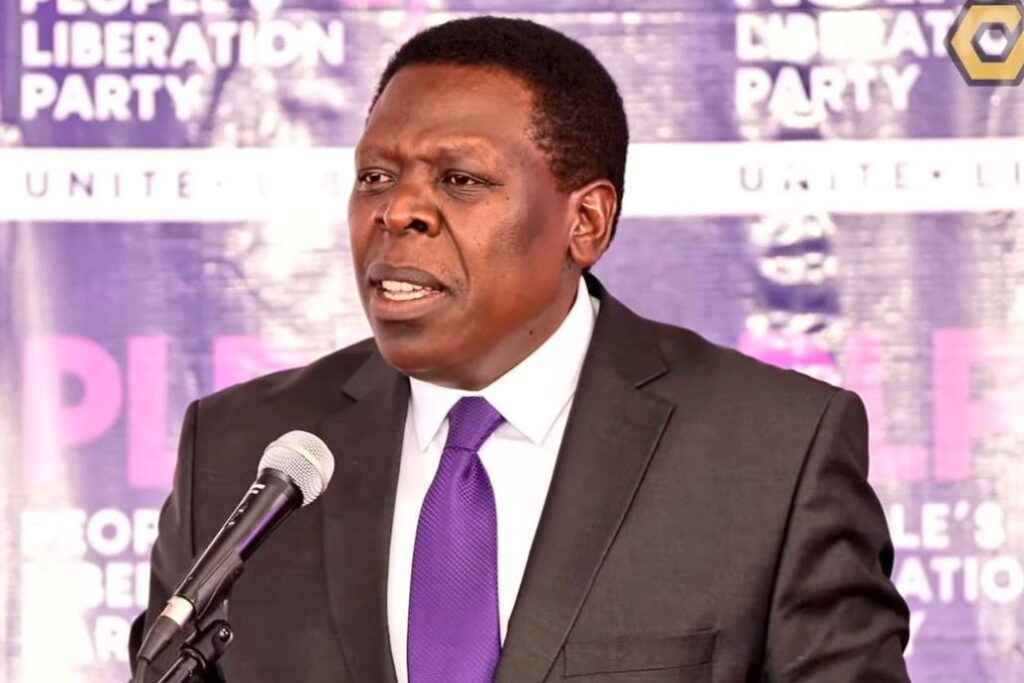The Democratic Action Party Kenya (DAP-K) leader, Eugene Wamalwa, has accused President William Ruto of attempting to infiltrate and destabilize the party through what he termed as “frivolous petitions” aimed at changing its leadership.
Speaking on Tuesday after the party’s National Executive Committee (NEC) meeting, Wamalwa claimed the President is targeting political outfits that could pose a threat to his 2027 re-election bid. He alleged that Ruto was applying tactics similar to those used to weaken the Jubilee Party, and warned that DAP-K would resist any such moves.
“We want to tell President William Ruto: if you think you will infiltrate this party the way you did to Jubilee, that will not happen to DAP–K,” Wamalwa said, adding that the party remains intact and “unbreakable.” He further accused Ruto of undermining multi-party democracy by bringing other parties under his control, citing ANC, Ford–Kenya, and ODM as examples.
To address ongoing internal disputes, DAP-K’s NEC resolved to form a nine-member tribunal to review the petitions in question and issue its findings within 30 days. Wamalwa said the party leadership would accept the tribunal’s decision, even if it meant leadership changes, but stressed that the party’s unity would remain intact.
“Instead of fighting in the boardroom, we are now heading to fight for by-election seats, starting with the Malava by-election,” he said.
Deputy party leader and Trans Nzoia Governor George Natembeya, who has faced accusations of attempting to stage a coup within the party, echoed the need for internal democracy. “We want to clean our house as we prepare to take the leadership of this country. We don’t just want to replace Ruto and his government — we have a bigger vision of transparent governance,” Natembeya stated.
Reports indicate that the party has been experiencing internal friction, with Natembeya leading a liberal faction pushing for a national rebrand, while Wamalwa leads a conservative wing that favors maintaining the current structure.
Both leaders have, however, agreed to resolve their differences democratically through the tribunal, signaling a commitment to unity ahead of the 2027 elections.

